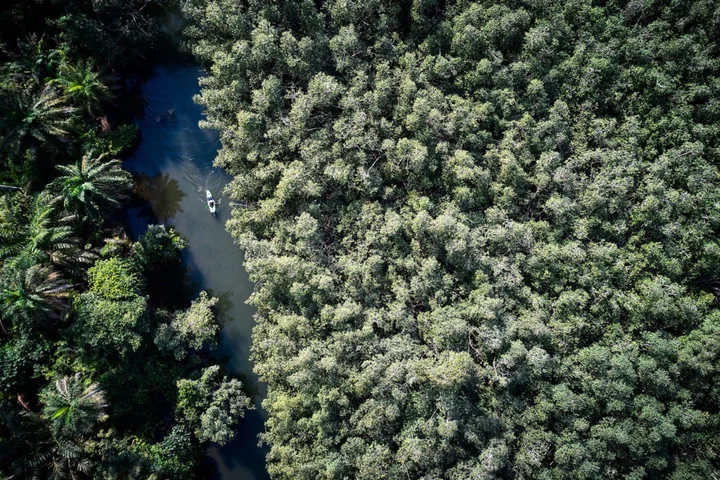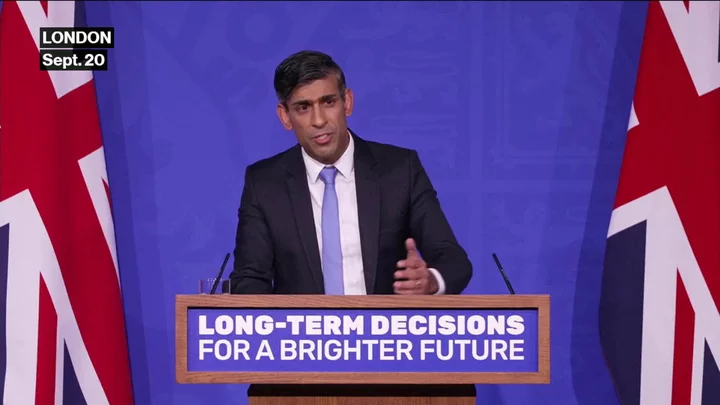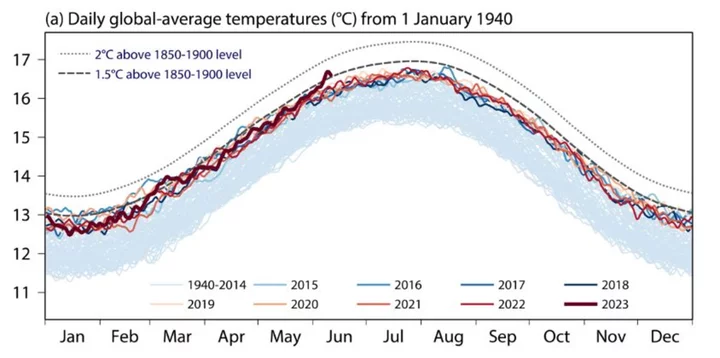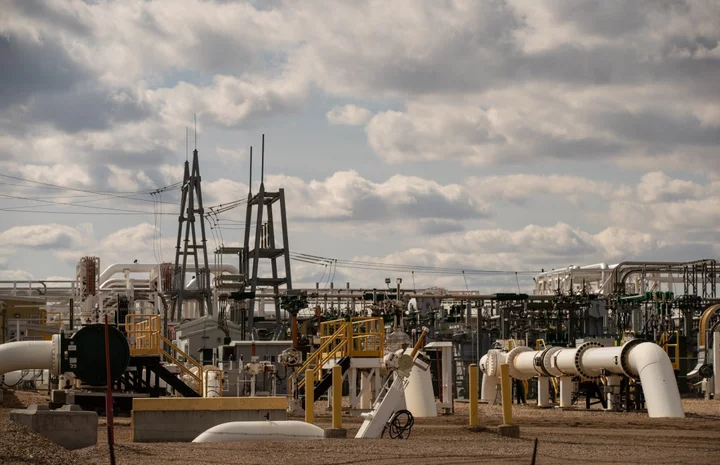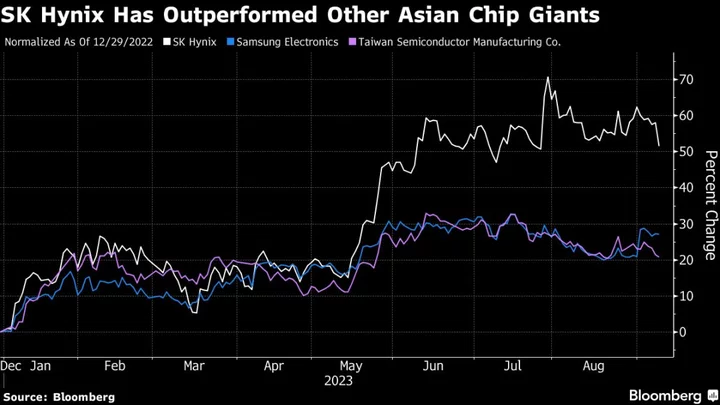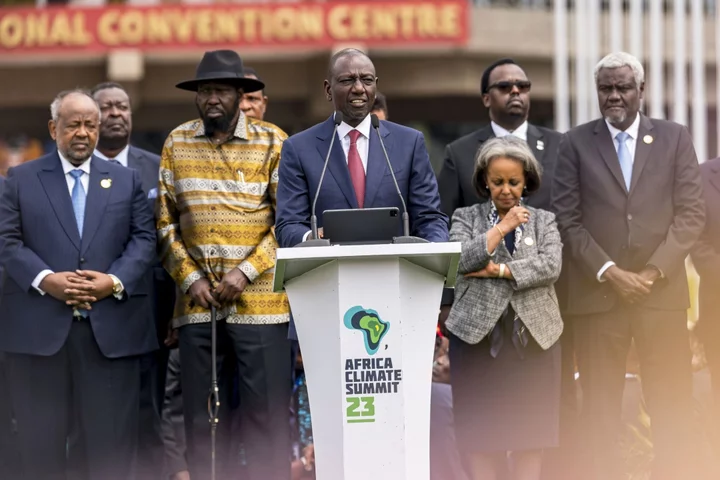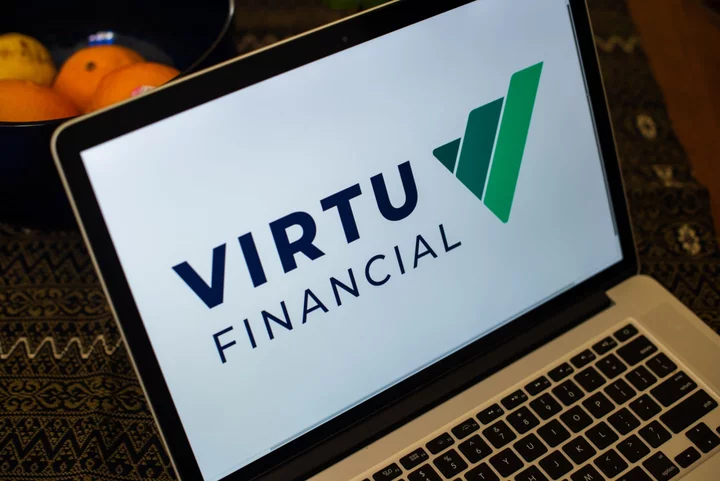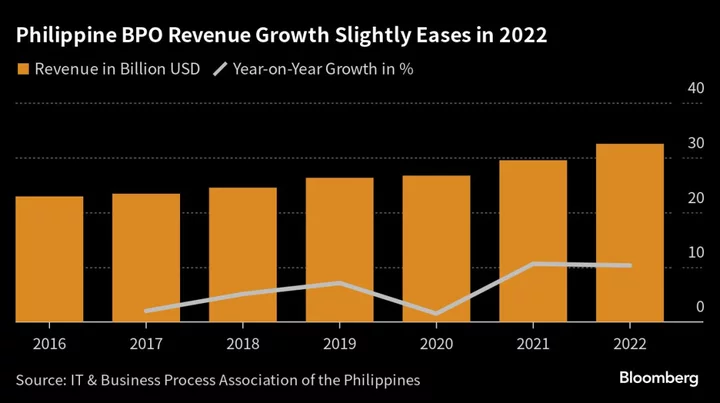COP28 Daily Reports: Sign up for the Green Daily newsletter for comprehensive coverage of the climate summit right in your inbox.
While a new UN market for the international trading of carbon credits begins to take shape, Blue Carbon, a firm backed by an Emirati royal family, has been on the hunt. This summer, it sought to gain rights to 10% of Liberia’s landmass to generate carbon credits, and it’s been discussing similar deals with several countries across the continent, including Zimbabwe, Zambia and Tanzania.
Blue Carbon’s recent spree is seen by some as a harbinger of a new era of mega-deals as the UN market for country-to-country offset trading begins to get off the ground. Finalizing the rules governing that will be central to discussions at this year’s UN climate talks starting Thursday in Dubai.
Read More: What Is COP28 and Why Is It Important?
The Liberia deal and the prospect of others like it are giving rise to concerns of “carbon colonialism” – whereby foreign entities gain control over forest land on the continent to offset the emissions from rich, polluting countries, with very little benefit to local communities.
“There’s a risk of a land grab, a risk of land dispossession because richer countries want to lock land up for climate mitigation,” said Kate Dooley, an expert on forest carbon accounting and governance at the University of Melbourne.
Blue Carbon’s rights would be “limited to project implementation” and the company wouldn’t own the land, it said in an emailed response to questions. The company said it will respect the consent of local communities, and that the project land area is expected to narrow after feasibility and eligibility assessments.
The Liberian deal is less certain now that President George Weah lost his bid for re-election in November. National Secretary General Amos Tweh of the winning Unity Party declined to comment on the Blue Carbon deal, saying it “requires some consultations.”
Africa holds about a sixth of the world’s forests, and more than 70% of its population relies on forests for their livelihood, according to the United Nations Development Programme. The continent’s potential for abating emissions, especially from forests, makes it an attractive target for foreign investors and entities seeking ways to compensate for their emissions. This puts African governments in a tricky position, as they are eager to take advantage of overseas interest, without sacrificing their own environmental goals or short-changing local communities.
In Liberia, Blue Carbon is eying a type of carbon credit generated by projects that purport to reduce emissions by preventing the destruction or degradation of forests, or REDD+, according to a copy of the draft agreement from July reviewed by Bloomberg. The company confirmed the draft’s existence and said it had not been finalized or signed.
Liberia could pave the way for other African nations open to experimenting with carbon finance. Kenyan President William Ruto said in September carbon credits would be his country’s “next significant export.” The East African nation is struggling to secure funds to repay $2 billion of eurobonds.
Read More: COP28 Holds Key to Global Carbon Market That Could Help Improve Offsets
Proponents see REDD+ credits as a vital tool to fund the protection of forests, particularly as other sources of climate finance have failed to scale. But such projects have faced intense scrutiny over the past couple of years and revelations of overblown green claims by developers led to the collapse last month of the world’s second-largest project based in Zimbabwe.
James Irungu Mwangi, founder of Africa Climate Ventures, said it’s not unprecedented for large swathes of land in Liberia, a natural rubber exporter, to be controlled by external interests. “What’s important is for Liberia to ensure that any carbon and climate related value it creates is fairly valued and translates to benefits for local communities and the local economy,” he said.
As of now, large foreign-owned concessions account for most of Liberia’s rubber output, and without local processing, there’s little additional benefit to the economy. Meanwhile, growing rubber for the global tire industry has driven deforestation in the West African nation.
“This is an opportunity to create a new export sector, but it demands a level of sophistication and long-term thinking from African decision-makers if they are to avoid yet again being stranded with a fraction of the value they create,” Mwangi said.
For Lambert Schneider, a carbon markets expert and research coordinator at the Öko-Institut, a German environmental research nonprofit, countries should take a breath before considering any quick finance fixes: “Are governments thinking in the long term or are they simply presenting something that sounds good in the short term?”
--With assistance from Anthony Di Paola, Sheryl Tian Tong Lee and Festus Poquie.

